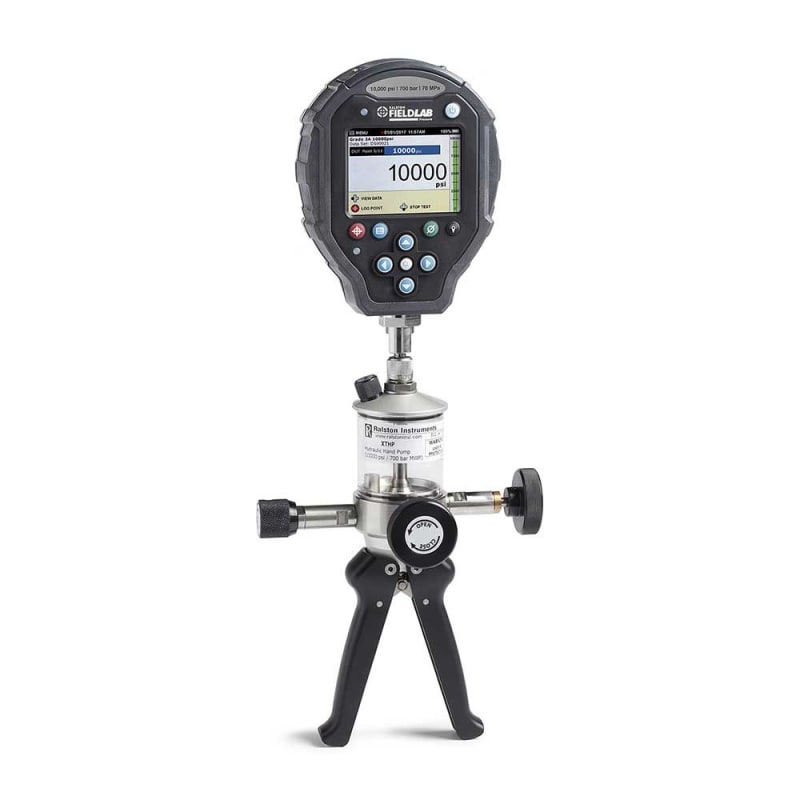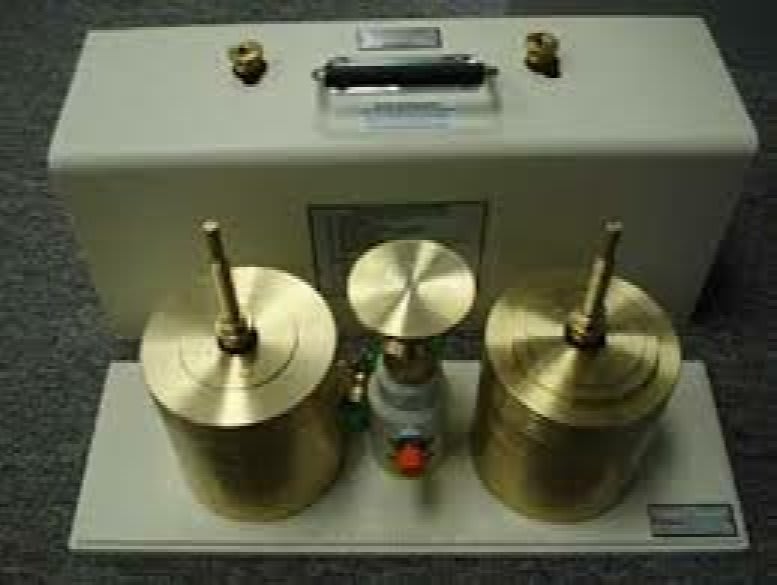Ingenuity
Structural
- May 17, 2001
- 2,374
I need to regularly calibrate 10,000 psi pressure gauges (hydraulic stressing applications).
I want to do this now in-house and want to know if anyone has experience with RALSTON or FLUKE pressure gauge calibrators with their respective manual hydraulic pumps.
Specifically, I am looking at RALSTON FieldLab calibrator.
I would send the calibrator back for yearly NIST-traceable calibration.
Thanks in advance.
I want to do this now in-house and want to know if anyone has experience with RALSTON or FLUKE pressure gauge calibrators with their respective manual hydraulic pumps.
Specifically, I am looking at RALSTON FieldLab calibrator.
I would send the calibrator back for yearly NIST-traceable calibration.
Thanks in advance.


